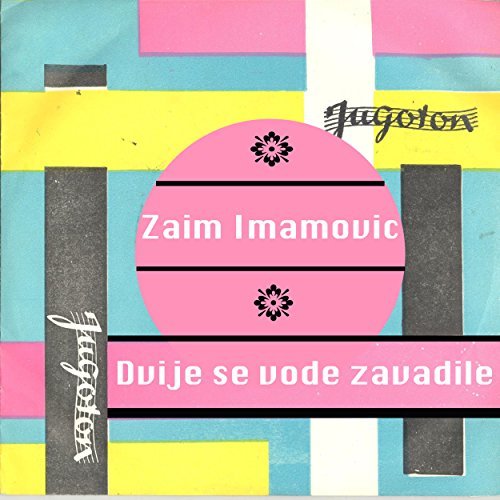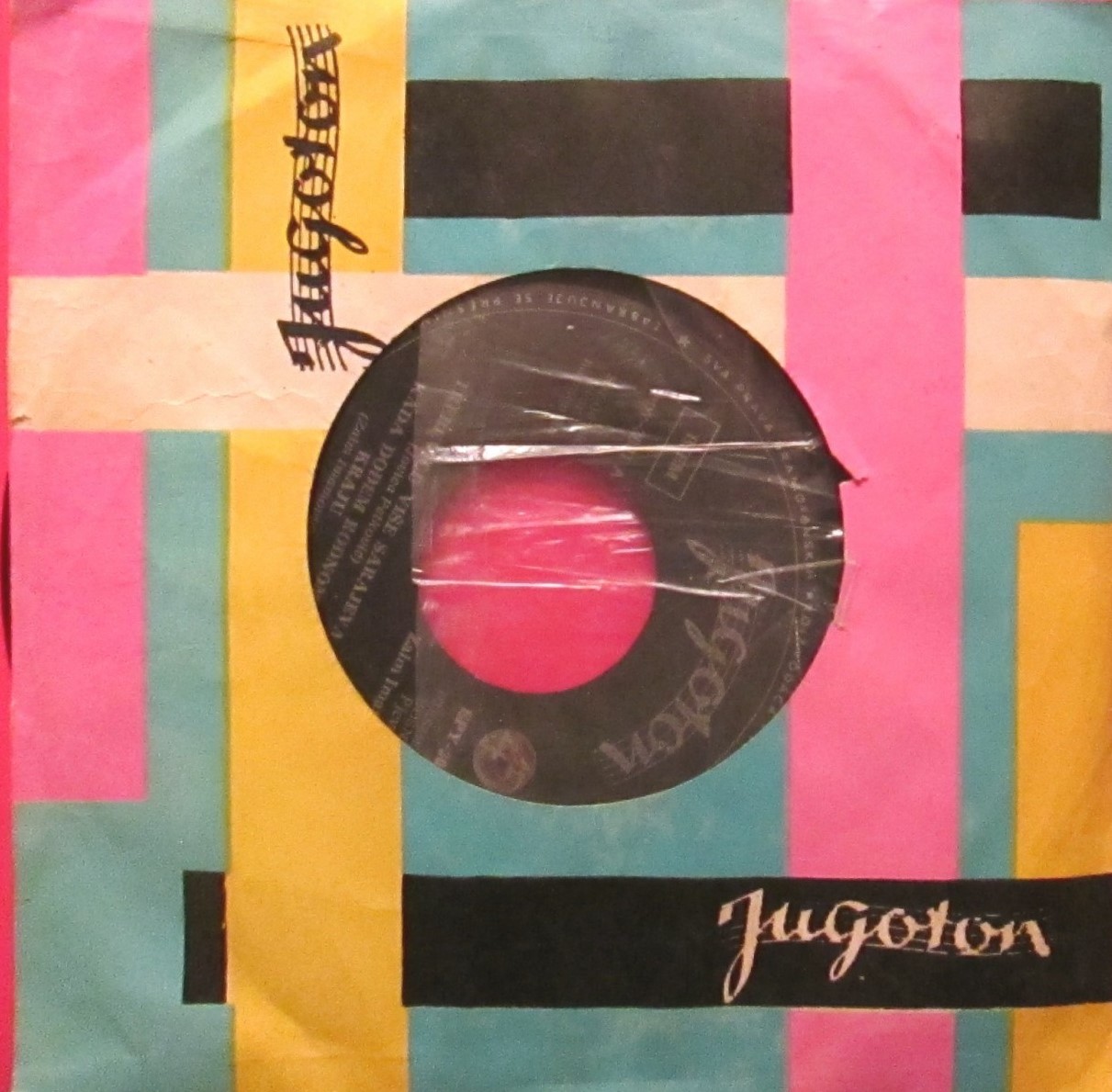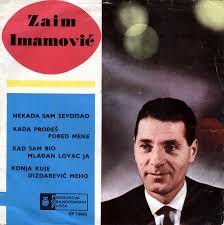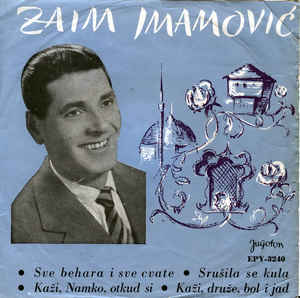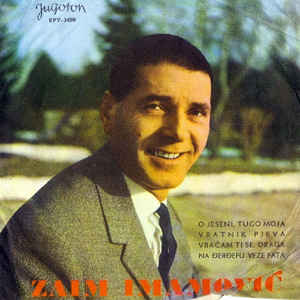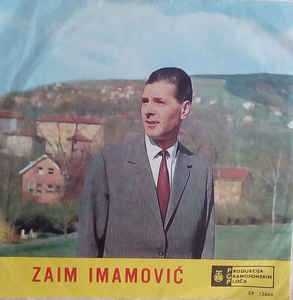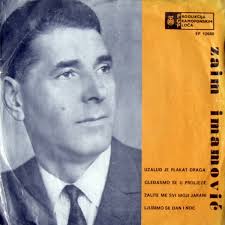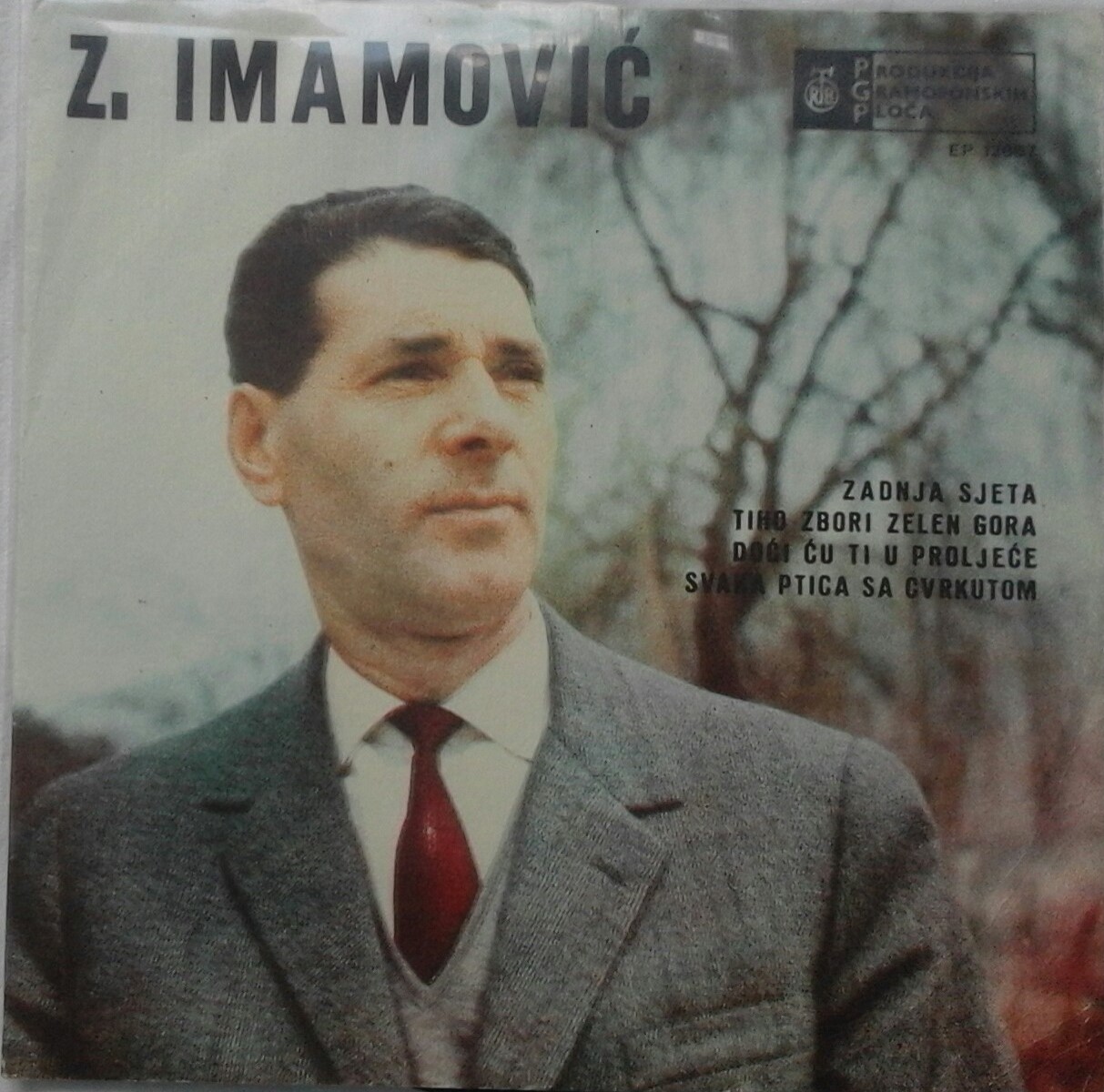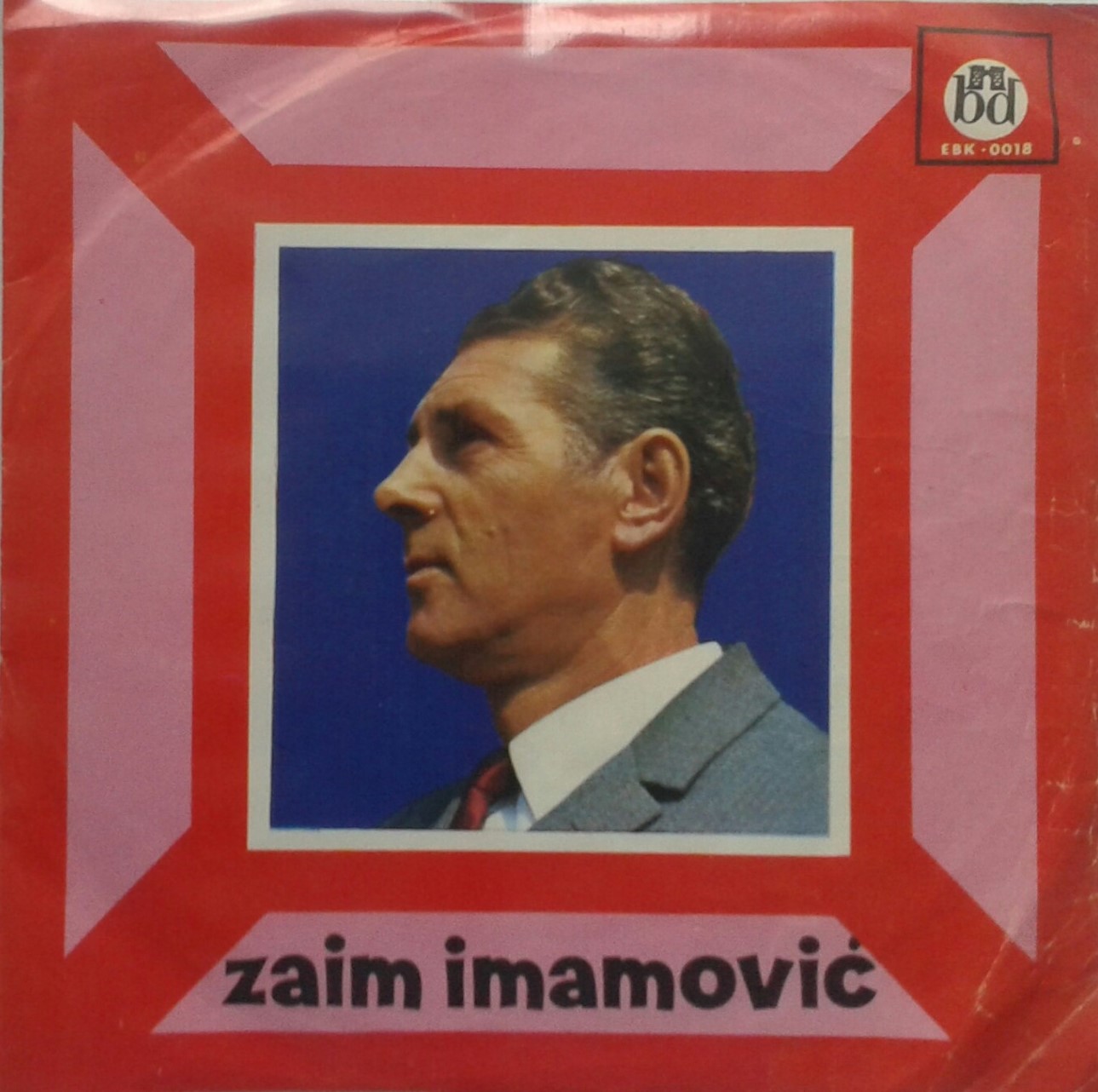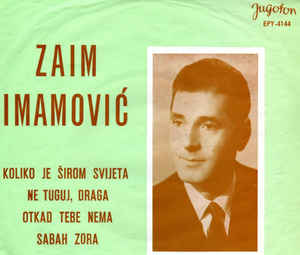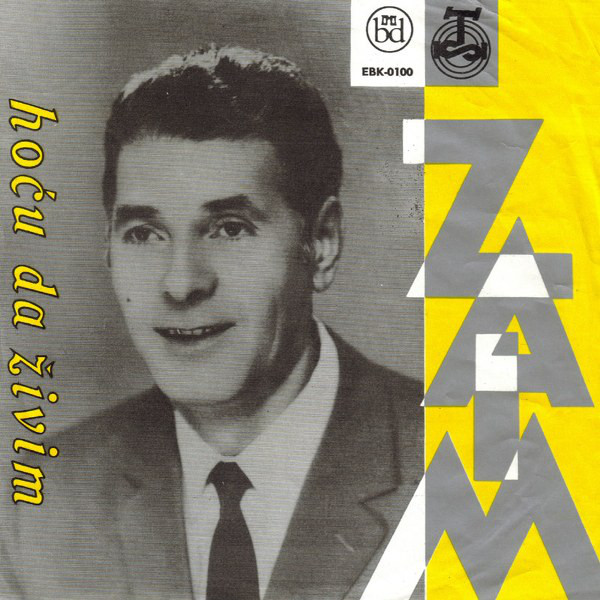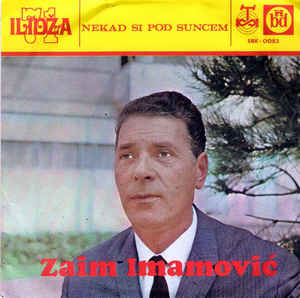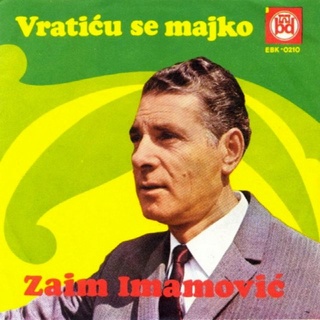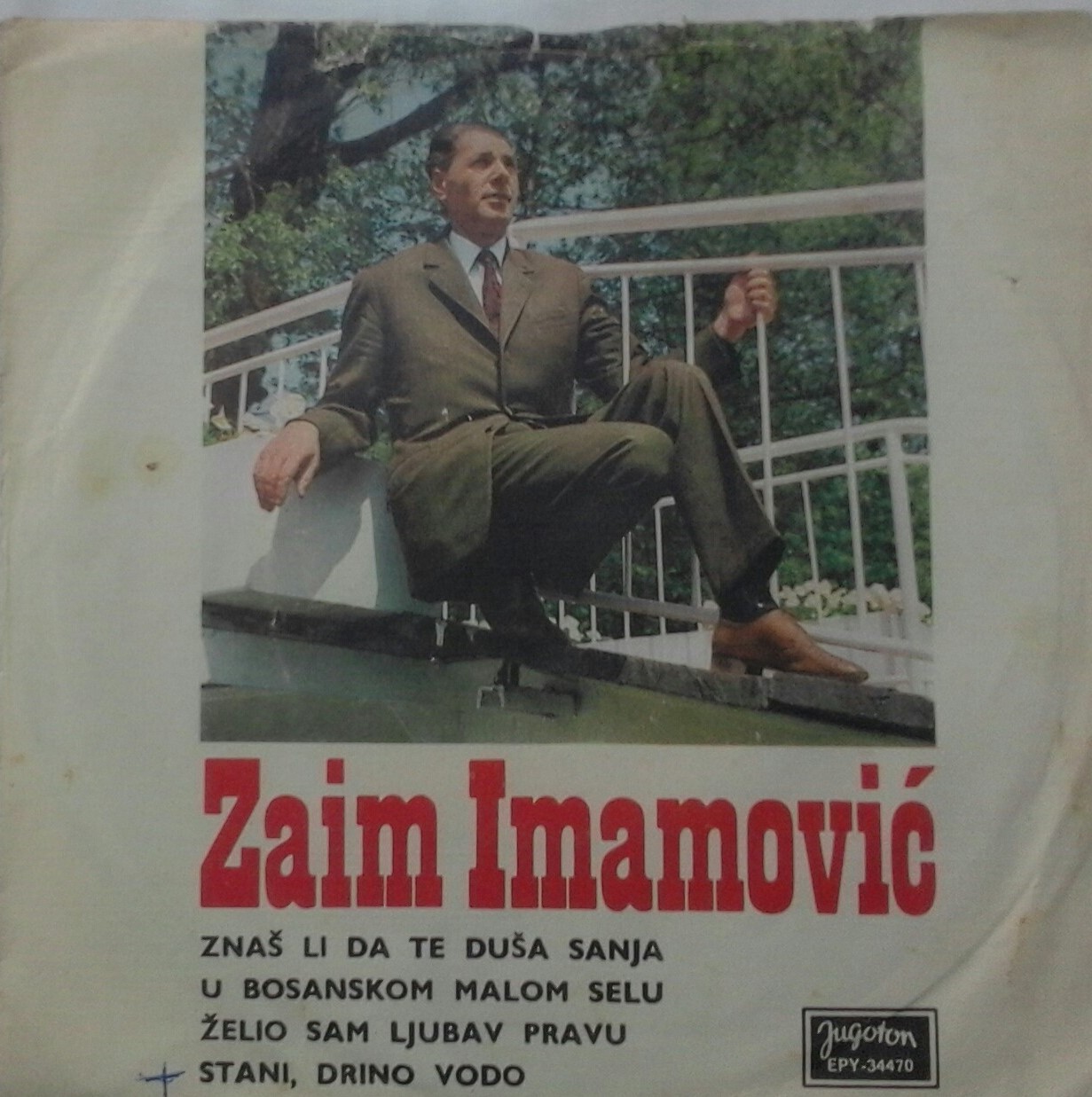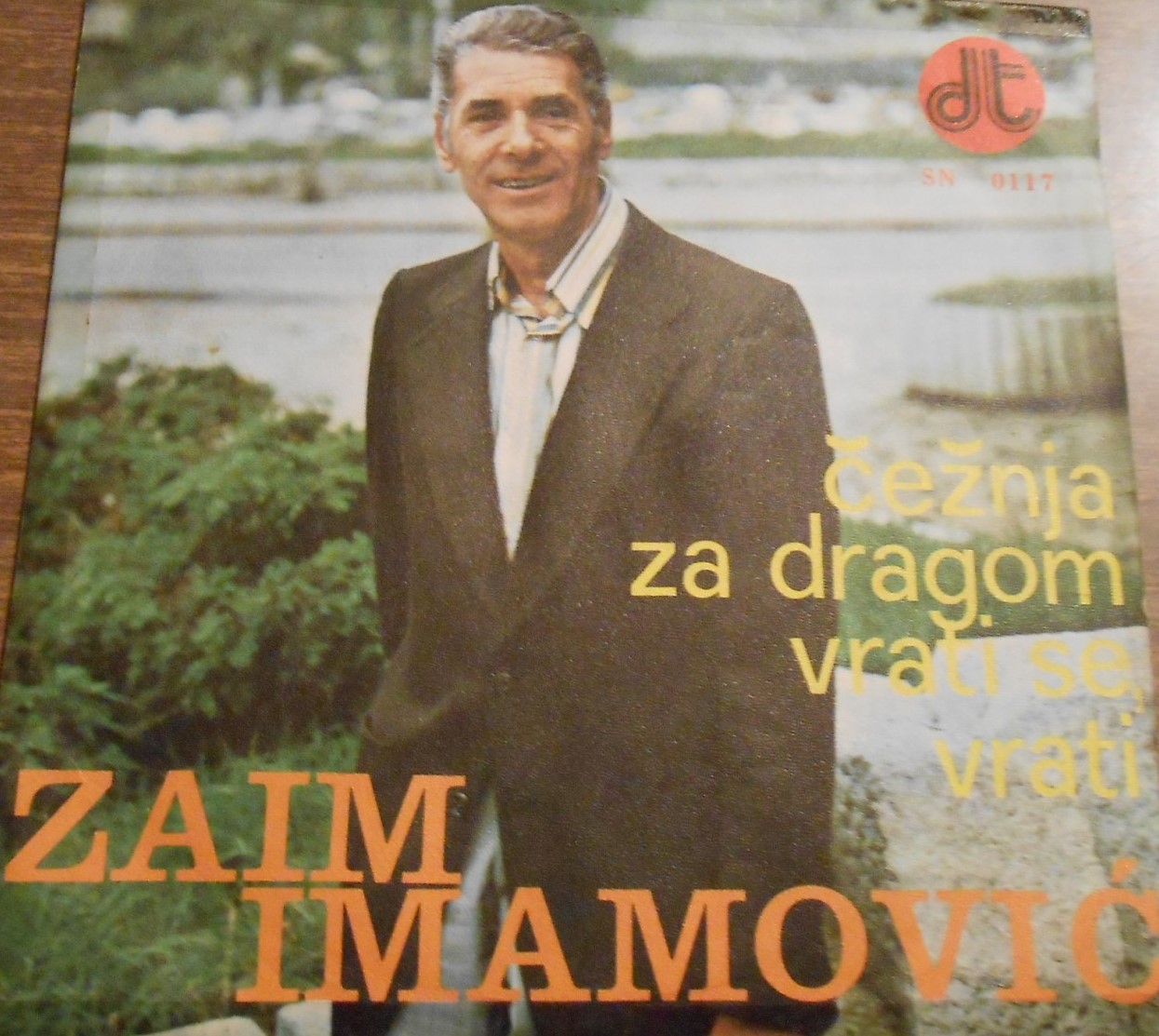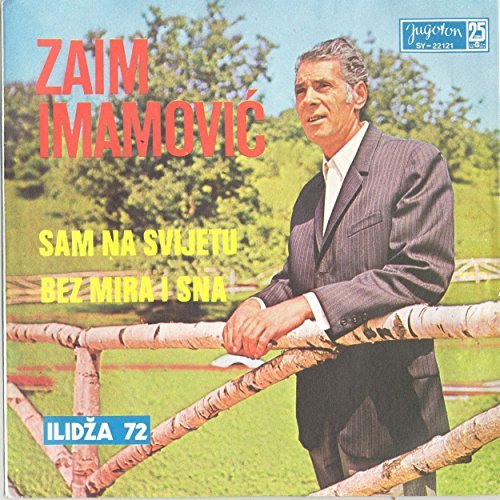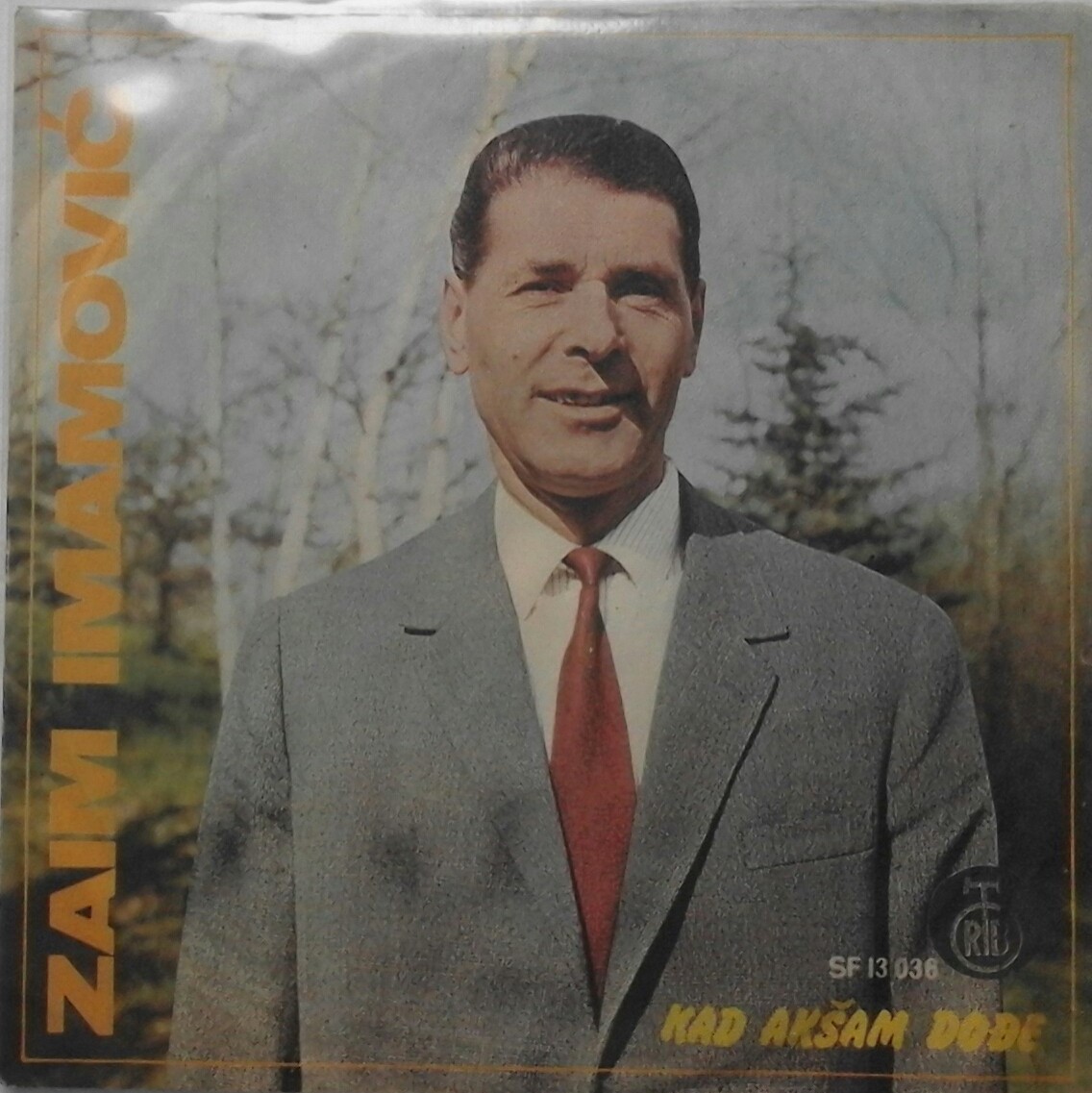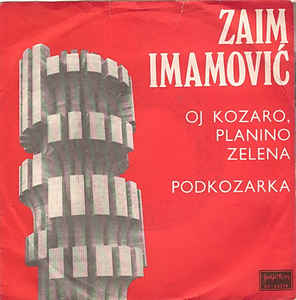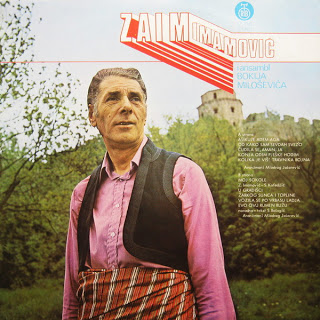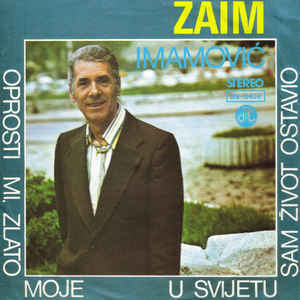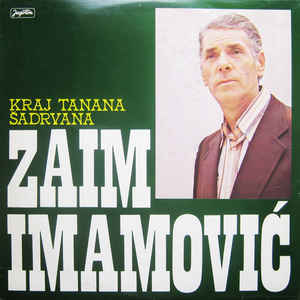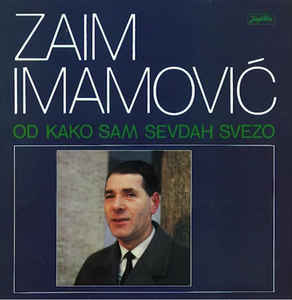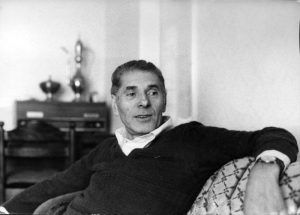 Zaim Imamović, born on August 26, 1920 in Mrkonjić Grad, was a Bosnian-Herzegovinian sevdalinka interpreter.
Zaim Imamović, born on August 26, 1920 in Mrkonjić Grad, was a Bosnian-Herzegovinian sevdalinka interpreter.
The name of Zaim Imamović, as a national artist, interpreter, composer, remained inscribed in the anthology of sevdalinka and the songs of other peoples. He spent most of his life interpreting sevdalinka.
After his birth, he moved from Mrkonjić Grad the next year with his parents to Travnik and settled on a periphery called “Bojna”. He spent fifteen years there, while in 1936 he settled in Sarajevo where he spent most of his life.
In Sarajevo he studied textile crafts, and he played a bit on the two-track accord that his father bought for him. His brother Hadžhe and sister Đula at the time were members of MKUD “Gajret”.
At the rehersal of MKUD “Gajret” the conductor Cvjetko Rihtman agreed to hear Zaim sing and he immediately kept him. Zaim left the textile craft in the autumn of 1939. In addition to singing in the choir, he performed at the shows of the Club, following the accordion alone.
His career dates back to April 10, 1945. He got together with the Radio Station Sarajevo then. With his voice and feelings, he opiated listeners. It was in those days that Radio Sarajevo started broadcasting programs and gathering singers. Sarajevo was the Sevdah metropolis, so many singers had the desire to stay and live in it, because in the post-war days, after 1945, the only way of affirmation was the Radio Station Sarajevo. Many of these singers became veterans of sevdalinka and wonderful folk original songs, which at that time were especially archived and broadcasted by Radio Sarajevo.
However, the biggest veteran of the song was Zaim Imamović.
At that time, Zaim introduced himself with three tunes that we remembered: “Gledaj me draga’’, “Mujo kuje konja po mjesecu” and “Konja vodim, pješke hodim”. His role models were today almost forgotten singers: Rešad Bešlagić from Tuzla and Sulejman Džakić. After the Second World War, on his repertoire, there were also newly-written folk songs close to the original folk melos. In his compositions, he is also a writer of lyrics and composer of music. He often collaborated in tandem as a text writer or music composer with Jozo Penava, the then head of the tambourine orchestra at Radio Sarajevo. He also collaborated with the highly acclaimed accordion player and leader of the Folk Orchestra of Radio Sarajevo, Ismet Alajbegovic-Sherbo, with whom he was inseparable until his death on July 28, 1987, and he also composed music for the texts of Safet Kafedzić. He also collaborated with songwriter Nikola Škrb. The first newly-written song that Zaim sang was the composition of Joze Penava “Bosno moja poharana,” and then “Sarajevo, behara ti tvoga”. From the aforementioned song he did not separate, he would always be among the first to put on the repertoire. This common musical pearl of theirs, in the right way, has enriched the Bosnian-Herzegovinian folk melos.
In addition to the sevdalinka of Bosnia and Herzegovina, he sang songs from other nations too. He was especially close to the melos of the Sandžak Muslims, and the song “Kafu mi draga ispeci oh aman, aman, dušo za mene” he put in his repertoire. He performed at a number of concerts in the duet with Nada Mamula, and in the dialogue he recorded several songs with the first lady of the sevdah Izeta Selimović-Beba. And these are the songs: “Hajde dušo da ašikujemo”, “Evo mene u tom kolu”. With Nadezhda Cmiljić and a group of singers in a dialogue he sang “Hercegovačku zdravicu”. He sang with Safet Isović, and Milo Petrović “Zvijezda tjera mjeseca”, “Igrali se konji vrani”, and in the duet with Mila Petrović “Zelen lišće goru kiti” (Đure Jakšić). He often performed in a mixed group of folk singers who worked in Radio Sarajevo between the 60’s and 70’s.
In the 1950s, at the Jugoton factory in Zagreb, for some three days, he recorded thirty-three songs on fifteen gramophone records and one LP board that was very fragile (78 turns).
Zaim expressed tenor, with a beautifully colored voice, a clear dictation and a pronounced sense of melismatic ornamentation of melodies that he interpreted. He recorded many folk songs for the archives of RTV Sarajevo, which were downloaded by other radio and television stations in the country and abroad. He performed and recorded audio cassettes, gramophone records singing with his son Nedžad. He visited many countries and cities, and he was singing on several continents. He was participant at the caravan called “Sevdah Traveling Europe”.
He was welcomed everywhere and sent out by ovations. He represented our folk song with dignity and in the most professional way. At the time he was most popular, he made the least money. He lived on the salary of a modest official of Radio Sarajevo, whose task, among other things, was traveling, singing and entertaining without a fee, and often without travel allowances, and he had to return to Sarajevo the same evening.
He has performed in Paris, Vienna, Sofia and the Middle East, and participated in an international folk music festival in the Moroccan city of Marrakech as a representative of the Yugoslav broadcasting company. He also represented our country at the Folklore Festival of the Mediterranean Countries in Algeria. In April 1979, the City Assembly of Sarajevo awarded him with the Sixth Anniversary Award of the City of Sarajevo “for his old original Bosnian folk songs and for original interpretations.”
He wrote his last verses in the war 1993 in Sarajevo:
Svud po svijetu kuda sam hodio
naše želje, pozdrav pronosio.
Ostat će Bosna kao što je bila
k’o biser sjajna, ponosna i mila.
For the whole of his life with folk music, he had received many awards. RTV Sarajevo recorded and on several occasions broadcast a one-hour show about Zaim Imamović entitled “Man and the Time”. He has performed with many veterans of folk music, and in the first broadcast of RTV Sarajevo entitled “Sijelo na vrelu Bosne”, in the series “Priče o starim gradovima” and in the last series of shows before the war in 1992 under the name “Meraklije” by editor Vehid Gunić and music editor Spasoje Berak-Spase. In this series he had several of his songs right at the beginning of the show, and in the subtitle he had “Pjesme srca”. He was a participant in many festivals, especially the festival “Ilidža”, where he never remained without recognition and awards of the jury or audience. At the festival “Ilidža 1969” with famous music experts, he became a member of the jury himself. At the height of his career, he recorded countless beautiful songs for the Radio Sarajevo archive. Among them is the song “Lov Lovio Muhareme”. On the melody long began in the folk, poet Safvet-beg Bašagić gave a text, and Zaim gave his interpretation of “Evo ovu rumen ružu”. With this song, Zaim became famous and it is considered a gem of our heritage.
Zaim Imamović died on February 2, 1994 in Sarajevo.

